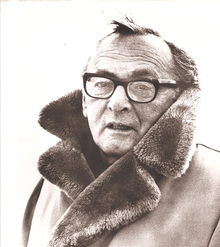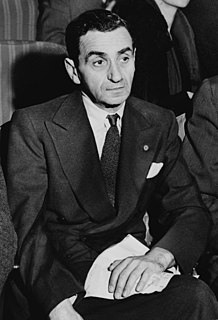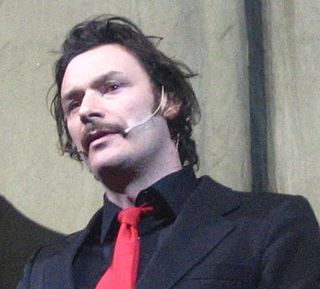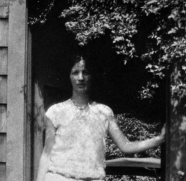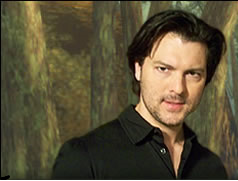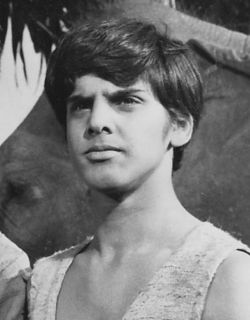A Quote by Dino De Laurentiis
The audience wants to be attracted not by the critics, but by a great story. You must deliver to the audience emotion - and when I say emotion, I mean suspense, drama, love.
Related Quotes
I'll tell you this: you cannot escape the impact of emotion, whether it's in a big theater or a tiny one. If you have it, it inflates you — correction, 'inflates' is not a good word. If you have it, it infects you and the audience. If you don't have it — don't bother; just say the lines as truthfully as you are capable of doing. You can't fake emotion. It immediately exposes the fact that you ain't got it.


